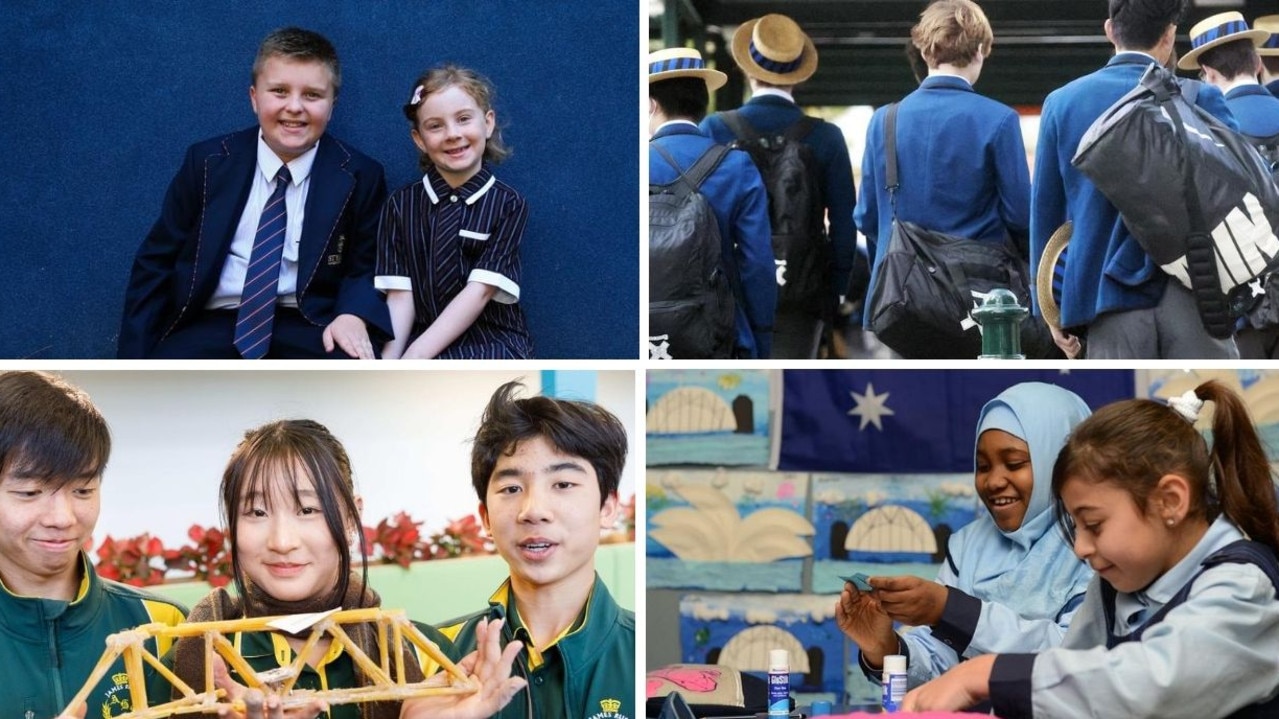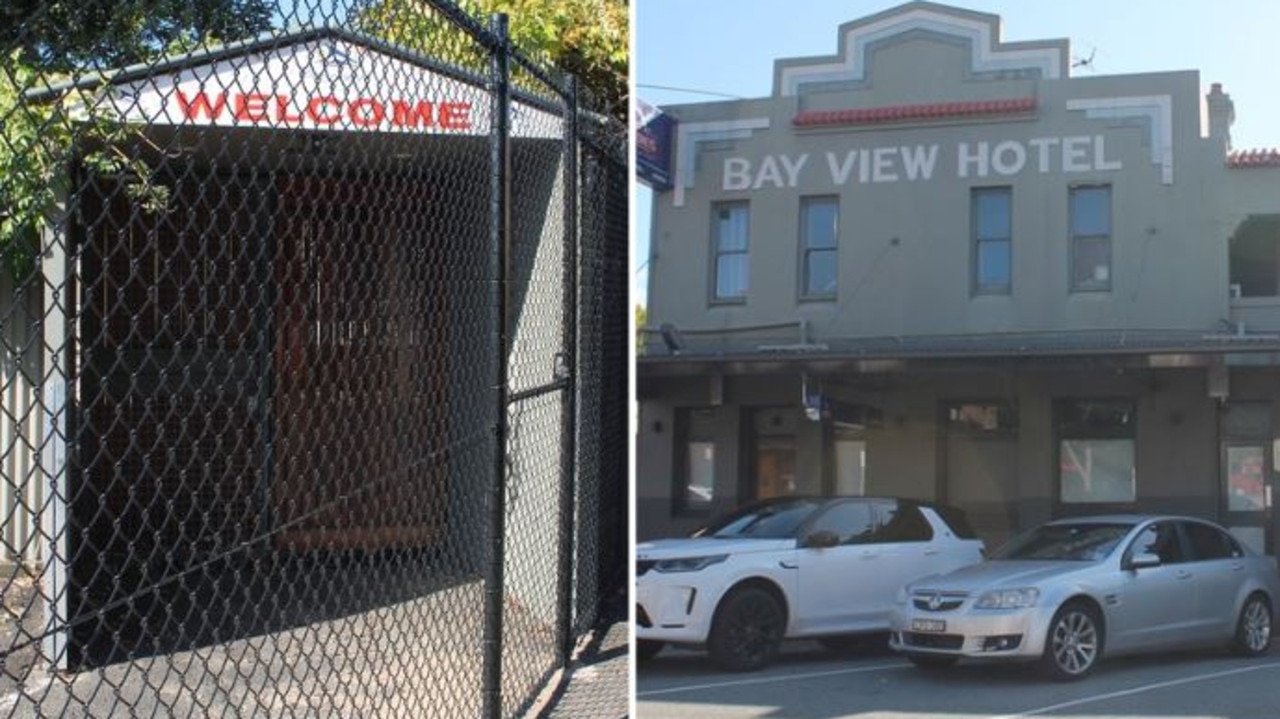500 NSW kids face Christmas in hotels, AirBnBs and caravan parks
Almost 500 children will spend Christmas in emergency accommodation such as motels and caravan parks, as the NSW government desperately appeals for foster carers.
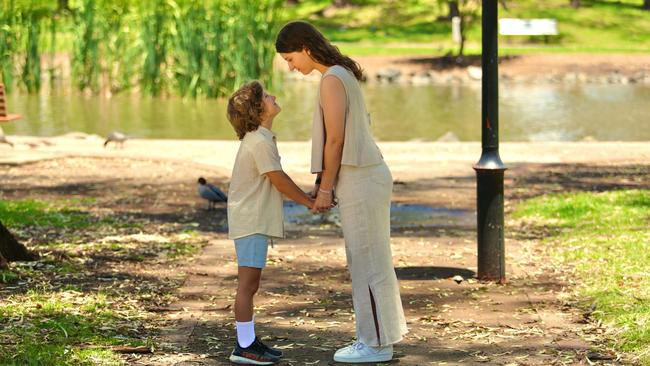
NSW
Don't miss out on the headlines from NSW. Followed categories will be added to My News.
Almost 500 children and teenagers will spend this Christmas in emergency accommodation, including motels, caravan parks and Airbnbs, as the NSW government appeals for foster carers to address a dire 1300-carer shortfall.
The latest statistics, provided to The Daily Telegraph, show an alarming drop in foster carers in NSW in the past three years, the number plummeting by more than 1000, from 12,076 to 10,978.
Modelling by Family and Community Services Insights, Analysis and Research shows 1300 new foster carers are needed in NSW right now to keep children and young people out of hotels and motels.
The lack of carers has forced the government to pump funding into 24/7 shift workers to look after 480 young people this holiday season.
It has spent more than half a billion dollars on emergency care for youths in the past two years.
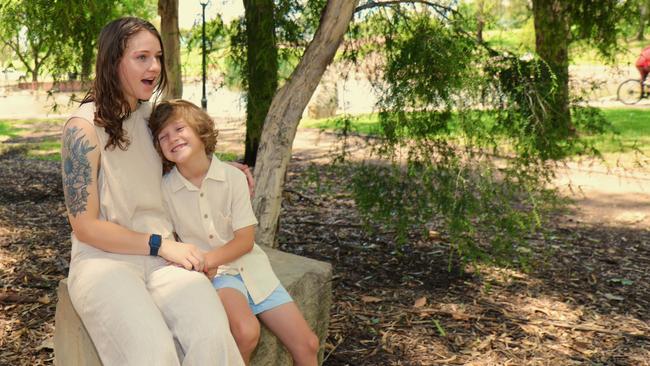
Families Minister Kate Washington said the scenario of hundreds of children spending Christmas in emergency accommodation was “heartbreaking”.
“I just can’t imagine what their Christmas looks like without loved ones around them, or somewhere safe to call home,” she said.
“It’s got to end for the sake of these kids and for the sake of the budget as well.”
The NSW government is spending about $264m a year on emergency arrangements.
Ms Washington acknowledged a lack of support for foster carers, as well as Covid-19 and cost-of-living pressures had added to the difficulty of recruiting and retaining new carers.
“I’m hearing from foster carers themselves that they’re not getting the support they need,” she said.
“They’re often dealing with kids who have a lot of complexities, and what I hear from foster carers is that they sometimes struggle to get the support that the children in their care need.”
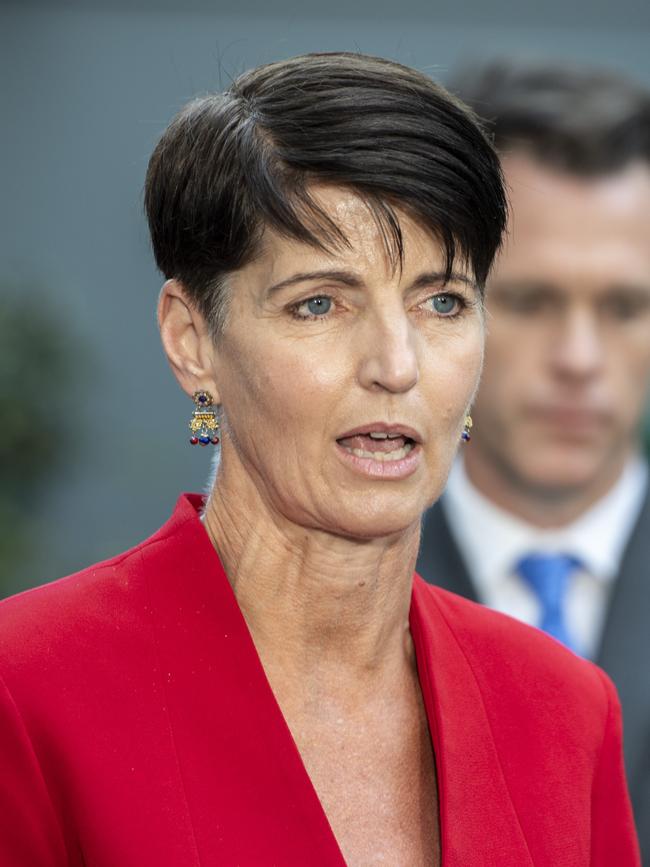
Ms Washington said recruiting more carers was key to ending the number of children in high-cost emergency care, but the government was taking action and was “squarely focused on reducing the number of kids going into high-cost emergency arrangements”.
“The solutions lie among us all and if anyone is able to step up and become a foster carer it means there’s fewer kids in this position,” she said.
Ms Washington said a special unit in the Department of Communities and Justice had been tasked with finding other placements for kids at risk of going into emergency care, as well as finding pathways out of care.
Non-government organisations that provide accommodation for children have also been tasked with using vacancies to cut down on the number of kids in emergency care.
Emily Hikaiti, 25, came through the foster care system after being removed from her parents at age nine.
At 16, she had a son while in the system, and grappled with homelessness after turning 18 and being “let go completely” by the system.
She now works as a youth homelessness advocate, saying she hopes this time of year will bring attention to the foster carer crisis.
“The gift of Christmas and giving should hopefully make people think of gifting those young people with a permanent, long-term situation to keep them safe,” she said.




